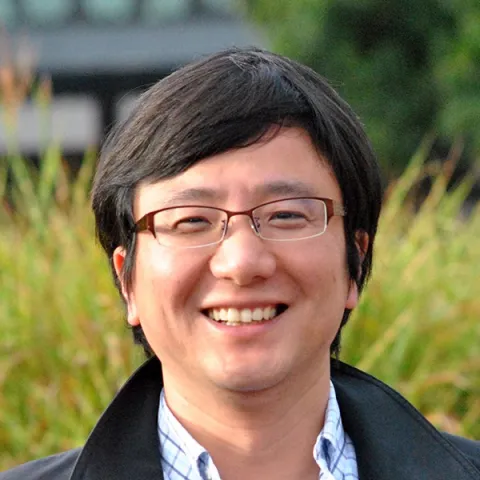About the project
This PhD project aims to develop optical metasurfaces with extreme light manipulation capabilities by employing deep learning-based design methodologies alongside advanced nanofabrication techniques pioneered by our teams at Southampton. These cutting-edge devices will be applied to intelligent sensing applications in complex environments, including those in biomedical fields and consumer electronics.
Optical metasurfaces are planar nanostructures with unique electromagnetic properties, offering transformative potential in optical sensing technologies. This PhD project, co-supervised by Dr Xu Fang from the University of Southampton’s School of Electronics and Computer Science and Dr Eric Plum from the Optoelectronic Research Centre, aims to push the boundaries of the light manipulation capabilities of metasurfaces for cutting-edge applications in biomedicine and consumer electronics.
This project focuses on exploring the extreme light-shaping capabilities of metasurfaces, aiming to revolutionise optical sensing in complex environments.
You will engage in both numerical simulation and experimental validation to ensure practical, impactful advancements. Responsibilities include developing machine learning-based design methodologies in collaboration with experts from Southampton and MIT, as well as fabricating these devices in one of the UK’s premier academic cleanrooms.
You will also collaborate closely with experts from diverse fields, including practitioners at the University’s General Hospital, to address real-world challenges of optical sensing.
As a PhD student, you will be a key member of an international research initiative, with opportunities to visit leading institutions in the US and Japan. Depending on project progress and funding, you may have the chance to work in collaborators’ labs abroad for up to three months.

